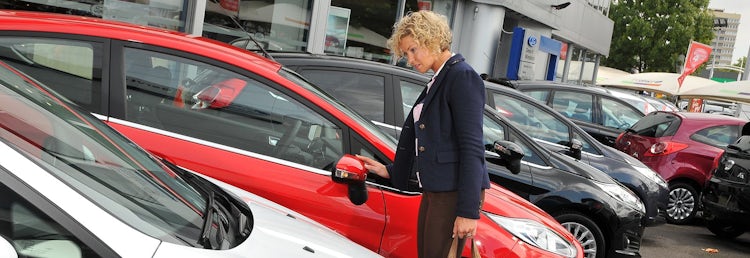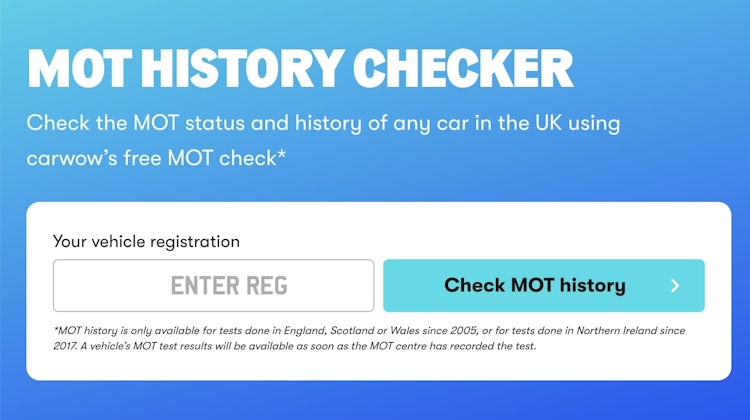Used Hyundai i20 cars for sale
Find the right second hand Hyundai i20 for you through our network of trusted dealers across the UK
Looking to buy a used Hyundai i20? Get a full car history check
How buying a used car through Carwow works
Find a car
Use Carwow to browse and compare used vehicles, advertised by a network of trusted dealers. You can search by make and model, or apply filters to find the perfect car for you.
Contact the dealer
Once you’ve found a car you’d like to buy, you can contact the dealer to arrange the next steps, whether that’s asking a question or taking it for a test drive.
Buy the car
When you’re happy to buy, you can do so at a fixed price, safe in the knowledge all models sold through carwow are mechanically checked and come with a warranty.
Sell your car for what it's really worth
The free, easy way to get 5,500+ dealers all over the UK bidding on your car
Used Hyundai i20 pros and cons
Is a second-hand Hyundai i20 a good car?
The Hyundai i20 is a small hatchback that’s good looking, but not so stylish that people think you might have actually spent a lot of money on it. Equally, it’s roomy without being massive, and it’s decent to drive, but not thrilling.
First launched in 2020, and given a round of mild updates in 2023, the i20 looks smart, with its low-set nose, angular lines, and sharp-looking brake lights. It’s not a shocking looking car, but in the right colour — dark blue seems to work well — it looks more than smart enough.
The interior looks nice too, with air vents that look as if they run the full width of the dashboard and a neat four-spoke steering wheel. The only problem is that the plastics used in the cabin are rather hard and shiny, so there’s not the same soft-touch niceness that you’d find in a VW Polo or Skoda Fabia, both of which have nicer cabins.
However, the i20 is very roomy. There’s lots of space up front, and those in the back have reasonable legroom and headroom for a car of this size. The boot is good too — at 352 litres it’s just one single litre roomier than a VW Polo’s boot, and it’s much bigger than what you get in a Ford Fiesta, but it’s worth remembering that the Skoda Fabia has an even bigger 380-litre boot.
If you’re doing lots of motorway miles, definitely go for the 1.0-litre engine as it feels much livelier than the 1.2, and that’s actually just as true around town where the smaller engine is better for nipping in and out of gaps in traffic. That said, a VW Polo is comfier for long-hauls, as the i20 has too much road and wind noise in the cabin.
What to look for when buying a used Hyundai i20
The Hyundai i20 has been recalled twice. Once was for a potential problem with the automatic gearbox, but the other was for possibly incorrect VIN numbers on the car, which is hardly what you’d call a reliability issue. There have been some reports of minor problems, such as glitchy infotainment systems, but that’s about it.
Hyundai has a good reputation for reliability (and its five-year warranty still covers cars with their second and even potentially third owners) but the company finished only a mid-table 17th out of 32 brands in the Driver Power customer satisfaction survey, with a relatively poor showing for quality and finish.
Used car buying guides
Hyundai i20 transmissions
Hyundai i20 colours
Hyundai i20 cars for sale by county
Hyundai i20 cars for sale by city
* In line with the Consumer Rights Act 2015










